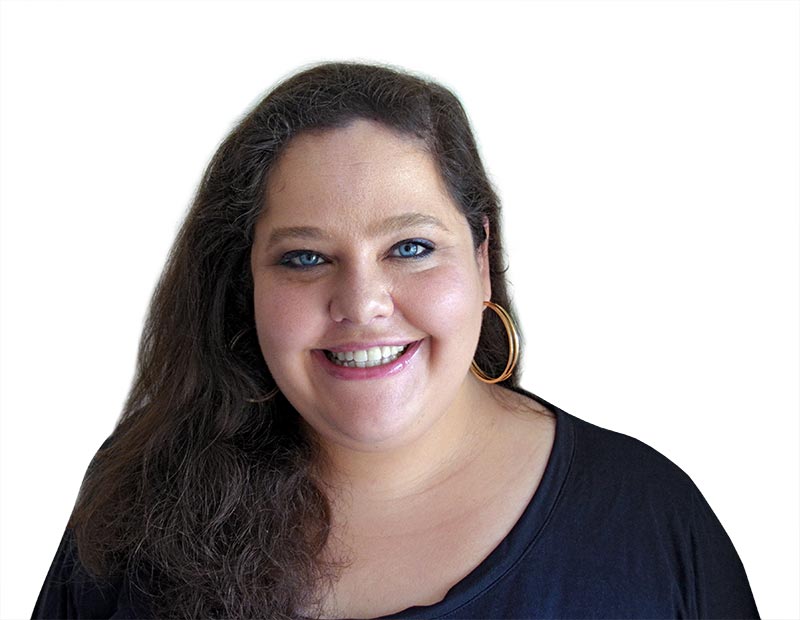What I would say to the novice teacher I once was
End of year, spring cleaning, and I ended up finding many old pictures and documents which were a trip down memory lane. I wondered what I would say to that young Natalia, who was about to start her career as an English teacher, or to anyone who is starting in the career for that matter.

Stepping out of the classroom and back in again: my last day of secondary school, 6 months before my first day as a teacher.
- Keep an organized record of everything you do career-wise.
This first tip seems silly, but it’s worth a fortune. Nowadays I have a display book in which I keep all my certificates, diplomas, academic transcripts, proof of work or publication, etc. Because the pockets are clear plastic, I can easily get to the document I need. However, it’s not always been like that. I didn’t know these things mattered, so there’s little I’ve kept from my starting years. But they matter, believe you me. For instance, I have no record of the wonderful teacher training course I took at IBEU, of an article I published in a university journal, of my undergraduate research scholarship, or of the many events I attended during my undergraduate years. Over the years I’ve found myself wanting to use those to apply to post-graduate courses and different jobs. So keep a record of everything. If you end up not needing something, fine (and please don’t write everything on your resume), but it’s better safe than sorry.
- Branch out into other fields as well.
As an undergraduate, I was thrilled that I could finally concentrate on what I liked to study (well, mostly). However, since then I’ve needed quite a lot of knowledge and skills that weren’t obvious that a teacher could need at first, among which I can mention teamwork, statistics, career management, presentation skills, administration, law, finances, etc. Of course, you can always acquire those later, but if the opportunity presents itself earlier, don’t sneeze at it.
- Don’t knock it till you try it.
A related point to what I said before, but slightly different, is not to be too certain of what you are going to end up doing for most of your life. For example, I never thought I would enjoy translation, but when I tried it, I really liked it and contemplated changing careers. I didn’t do much translating in the end, but it opened my mind to certain aspects of the language that have helped me when teaching and when writing. In fact, when I started my undergraduate degree, I thought I was going to be a linguist – I didn’t see myself as a teacher, go figure! You are young, so try things out as much as you can! Even if it turns out not to be life-changing, you may be able to apply that experience to something you will actually do for a living.
- Teaching is not about you. It’s about the students.
Despite all I read about being student-centered, when I came to class, I was a train that stopped for no one. I’d write detailed lesson plans and cling to them for dear life. And that’s OK, I suppose, in that many novice teachers go through that stage. However, when you can, try and listen to what your students are saying and really respond to their needs and wants. They are the whole point of what you do. The point is not the lesson plan you wrote before you even knew them or saw them today.
- You are still learning the ropes, and that’s OK.
As a novice teacher, I had the impression I had to know it all, or at least to pretend I did. This crazy notion put me under a lot of stress, as you can imagine, and the consequences to my body and mind were far from good. Not only was that bad for myself, I believe it was also bad for my students. To name one effect, I would be too anxious to sleep, and when I did, I would wake up shaken from yet another teaching-related nightmare (I haven’t planned; they haven’t liked the class; I arrived late!). As a result, I was so tired I couldn’t think on my feet or really listen to what my students were saying. We should all be worried about doing the job well, of course, but not so worried that we can barely function. There’s a limit to how much stress a person can bear and how much of it is useful to improve their performance. Find your balance and listen to friends and family when they say you are going over that limit.
- Look for support and guidance from more experienced professionals.
It is said that 40 to 50% of teachers leave the profession within the first five years – and that’s general education, not ELT, and in a developed country, not Brazil! I can’t help but wonder if that’s related to the stress I described in the previous item and the less-than-ideal conditions we face daily. So talk to people who have been through what you’re going through. Ask for help. You need it, but you probably won’t get it if you don’t ask for it. If you work in a very competitive environment and don’t feel comfortable going to your colleagues or your boss, reach out to people online, such as the professionals at BrELT or BRAZ-TESOL. You are not alone, nor should you be. Build your support network. It may sound cheesy, but ask more experienced teachers and most will agree that, as the saying goes, “If you want to go far, go together.”




